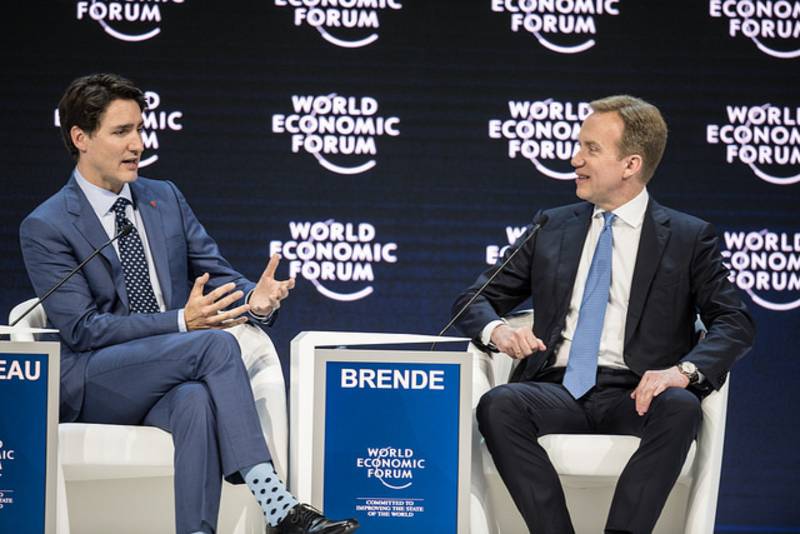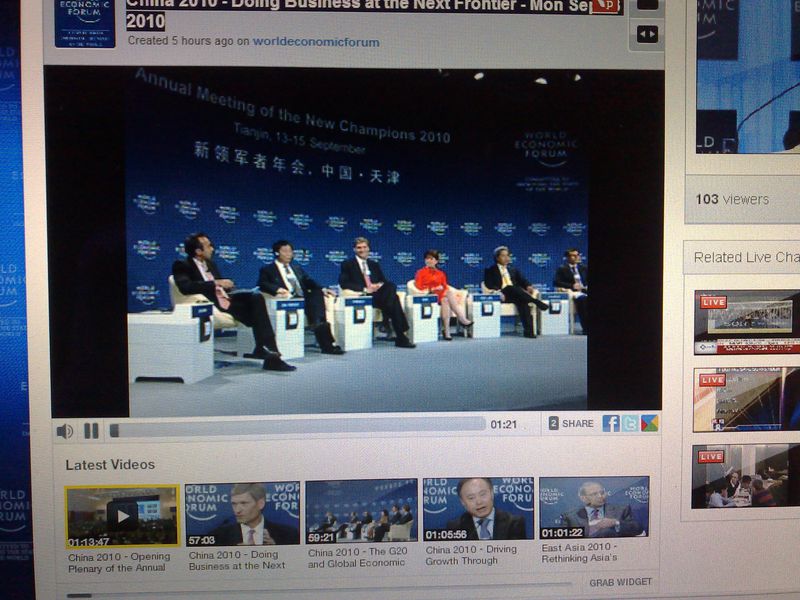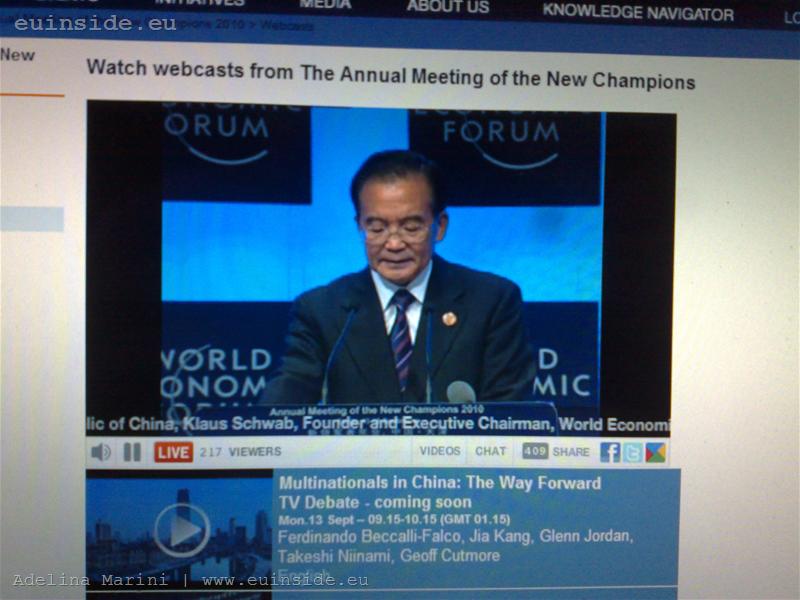Davos and the post crisis world
euinside, January 26, 2009
Definition of post crisis world is the main issue of the World Economic Forum which starts on the 28th of January in the Swiss town of Davos. The significance of the meeting is enormous, according to the organisers, because their participation have confirmed over 40 heads of state and government, among which the Chinese president Wen Jiabao. But because of a coincidence or because of the dark moods caused by numerous bankruptcies, the forum will miss the executive of Lehman Brothers and stars like Bono and Angelina Jolie, accompanied by her husband Brad Pitt whose presence in Davos proved as a tradition in the last 3 years, the International Herald Tribune writes.
Nevertheless, the list of participants is long and we can see in it a lot of Western companies and banks that have survived the bankruptcy wave. The question is whether the idea of the organisers to put as a main issue the worst ever financial and economic crisis is a good one. Because the forecasts of how long the crisis will last change so often and the data of the nations which will be in recession this year constantly increase. And the ideas how to deal with the effects of the crisis are also not too many any longer.
Indeed from this point of view the forum is expected to be interesting but it would doubtfully overcome the pure curiosity because the numerous summits of G7 and of G20 last year in Washington showed that common measures will not be applied. The over ambitious ideas for global financial regulations also changed a lot, so economies right now are left to develop on the principle - the rescue of drowning is in their own hands.
During the forum which will last 5 days, 2,500 participants from 96 countries will discuss the possibilities for recovery of global economy. Co-chairman of the meeting will be the former secretary general of the UN Kofi Annan, Steven Green - chairman of the HSBC holding, Rupert Murdoch and others. Among political leaders, most interesting would be the British premier Gordon Brown and the German chancellor Angela Merkel who is expected to speak. This would be very interesting for the media because Gordon Brown was the initiator of several proposals for dealing with the financial crisis with common efforts but no one responded adequately to such an initiative, especially from Europe.
Germany on the other hand has already approved 2 packages of measures for 50 bn euro, hoping this would help German economy, which is very affected by the crisis because it is generally export-oriented economy and the internal demand is contracted. However, the focus of the summit will be on business which makes political decisions dependent on the economic situation as it often happens. The idea of the forum this year is to give impetus to a thorough and systematic approach to improve the world in a way that will integrate all shareholders in a global society. The main programme points to achieve this goal are 6:
- Boost of stability of the financial system and recovery of the global economic growth;
- Ensuring effective global, regional and national governance in the long-term;
- Review of the challenges towards sustainability and development;
- Definition of values and principles for leadership in the post crisis world;
- Catalyzing the next wave of growth through innovation, science and technology;
- Understanding the consequences of the Industrial business models.
As you can see, all this sounds too ambitious to be implemented globally. And as shown above each country undertook economic and fiscal measures on its own so as to stimulate its own companies and economy because the level of economic development among countries is different. And this is the reason why it would be very interesting to see the implementation of the effective, regional and national governance. Let us hope that it won't prove in the end of the day that this is just another gathering of senior people who will exchange visit cards, will dine together several days in a row and will go home to solve their problems which will not be few - in many countries there will be elections this year and they are usually won by leaders who do something for the voters and not the business.
We hope that you're not asking whether this forum will have anything to do with Bulgaria? There are no Bulgarian representatives from the business field this year. If it is comforting for anyone - the same goes for most former socialist countries, excluding Russia. The worse is that Bulgaria will not be represented politically either, unlike countries like Albania, Armenia, Latvia and Lithuania or even Ukraine. Maybe because Bulgaria has nothing to say to its political counterparts nor from the world business who might want to invest in our country.
 Justine Trudeau | © WEF
Justine Trudeau | © WEF | © euinside
| © euinside | © euinside
| © euinside